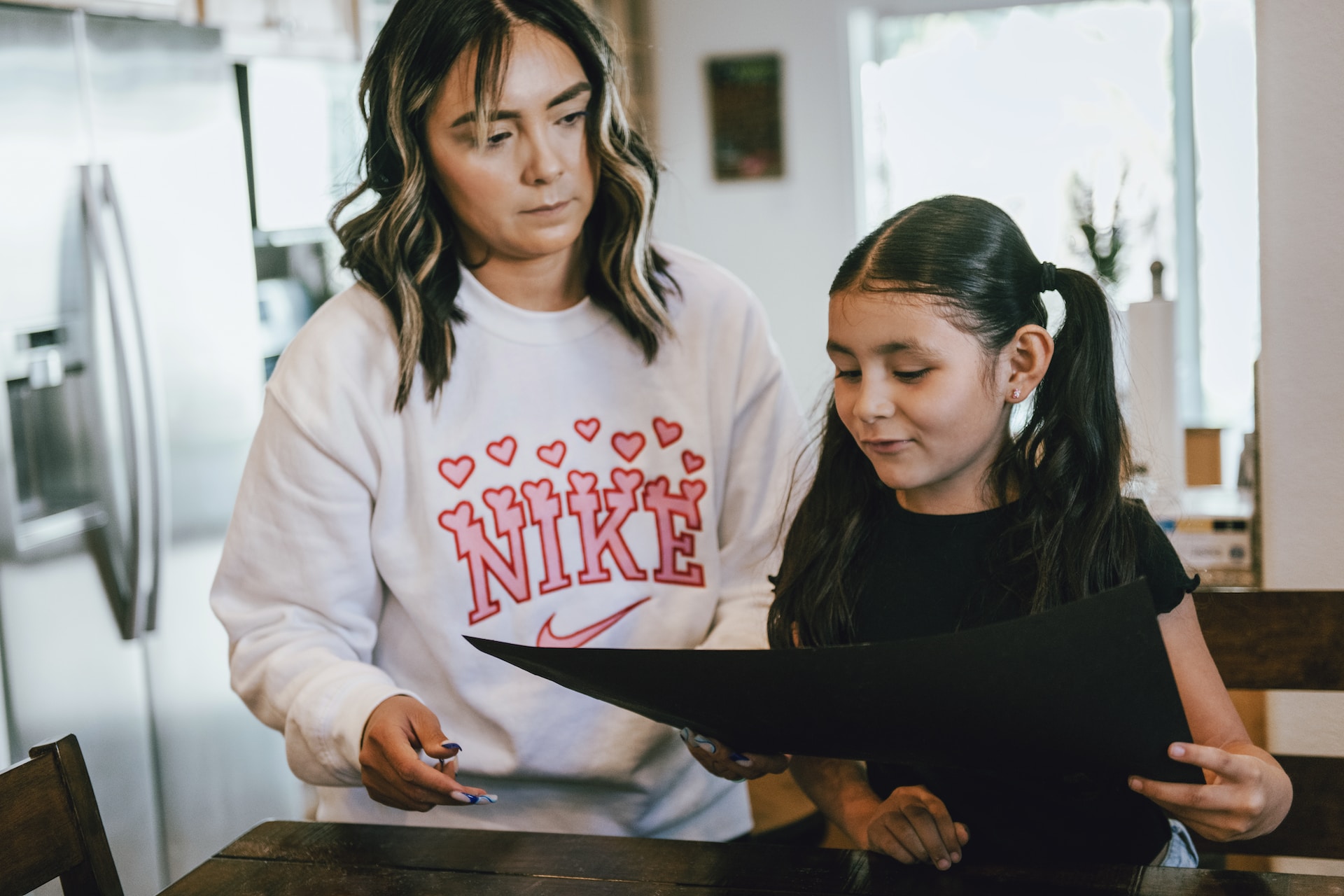Family • 04/21/2021
The Importance of Parental Involvement in Education: 3 Benefits

Revivalist is a reader-supported endeavor and our posts may contain affiliate links. When you buy through links on our site, we may earn an affiliate commission.
The COVID-19 pandemic did many things, including reminding parents how much they rely on their child’s school. You might have been one of many struggling new “homeschool teachers” discovering how your efforts directly impact your child’s learning experience.
As it turns out, there are multiple perks to getting more involved with your child’s school days. It’s impossible to overstate the importance of parental involvement in education — here are three benefits.
It All Starts With School Selection
The first area where you notice the importance of parental involvement in education occurs before your child hears the school bell ring for the first time. Determining the best placement will color much of their future learning experience.
The first decision involves whether to go the traditional public school route or opt for a charter or private school. The first two offer a tuition-free advantage, but that isn’t the only difference.
Because public schools must accept all students by law, they often have a wider array of resources available for those with diverse needs. Conversely, many charter and private schools do a superior job of educating students with specific career objectives, such as the arts or STEM fields.
Public schools also have to hire highly qualified and certified teachers, whereas private schools have much more leeway. Charter school educator profiles often depend on state law — some areas require a certain percentage of certificated professionals. This criterion matters because there’s more to teaching than knowing the subject matter — you have to present it in a way young minds will understand.
If you seek diversity, most charter and public schools offer more opportunities for your child to meet others of various upbringings. Private schools tend to attract students from similar socioeconomic backgrounds due to the tuition requirement, although some promote equal opportunities through scholarships.
Involved Parents Foster Academic Achievement
A recent cluster analysis of studies with Chilean students reveals that those with a low level of parental involvement suffer worse academic outcomes. This work confirms other studies showing that parental involvement improves performance and helps children form positive school attachments.
Attitude matters when it comes to any endeavor. When your children hear you speaking positively about your educational experience, it helps them recognize the value of acquiring new knowledge. Conversely, if they overhear you say things like, “book-learning never taught you anything,” you can expect a similar dismissive outlook from your kids — which can devastate their career prospects.
You also inspire them with what’s possible. When you reassure your child that they can tackle the work, even if it takes them time, you foster their self-confidence. You also help them develop a growth mindset that any endeavor is possible with sufficient effort.
While you do want to remain actively involved, you don’t want to become a helicopter parent. If you lie awake at 11 p.m. rewriting your child’s English essay, they might get a better grade — and the wrong lesson. You either teach them that their efforts aren’t good enough or that they can always count on someone else to pick up their slack. Neither attitude promotes healthy future outcomes.
Involved Parents Improve Behavioral Outcomes
When it comes to building a strong and vibrant community, the importance of parental involvement in education comes to the forefront. Schools serve as vital social hubs in many areas, connecting generations and uniting them in worthwhile endeavors that make the world a better place.
No students in your child’s class can learn if constant misbehavior disrupts the educational experience. Research indicates that parental involvement can decrease aggression, inattention and social problems. Even increased communication between home and school reduced disruptive behaviors and improved on-task behavior.
Therefore, you don’t have to take time off work to sit in your child’s classroom to observe their behavior, although most institutions welcome parent visitors. However, you should attend parent-teacher conferences and establish a preferred communication method with your child’s teacher. If it is less disruptive for you to get a quick text instead of a phone call when your little one acts out in class, let their school know.
Remember, you don’t have to carry the weight of child-rearing alone. If you have a healthy relationship with your child’s grandparents, invite them to get involved with activities like chaperoning field trips.
If you have the time to serve as an assistant coach or mentor for a sports team or club, please do so. Your engagement encourages your kid to participate, heightening their sense of belonging in their school community.
When enough parents come together and get involved in their school community, it elevates every student’s learning experience. Like the old proverb says — it takes a village.
The Importance of Parental Involvement in Education Affects Individual Learners and Their Communities
As you can see, the importance of parental involvement in education affects more than your child — it impacts society as a whole. Take proactive steps to take a more active role in your child’s learning experience today.
Subscribe to Our Weekly Newsletter
We would love to connect deeper with you!


